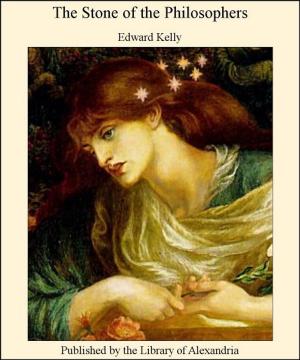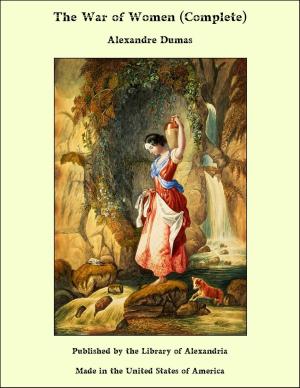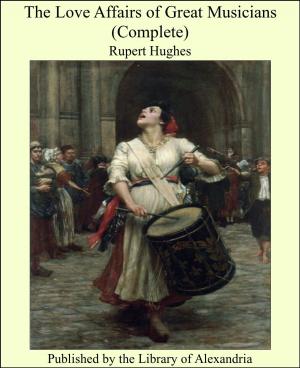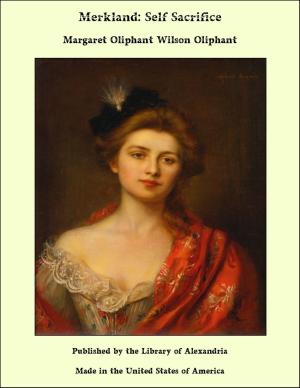The Modern Vikings: Stories of Life and Sport in the Norseland
Nonfiction, Religion & Spirituality, New Age, History, Fiction & Literature| Author: | Hjalmar Hjorth Boyesen | ISBN: | 9781465585790 |
| Publisher: | Library of Alexandria | Publication: | March 8, 2015 |
| Imprint: | Language: | English |
| Author: | Hjalmar Hjorth Boyesen |
| ISBN: | 9781465585790 |
| Publisher: | Library of Alexandria |
| Publication: | March 8, 2015 |
| Imprint: | |
| Language: | English |
All night long the storm danced wildly about the cottage, rattling the windows, shaking the walls, and making fierce assaults upon the door, as if it meant to burst in. Sometimes it bellowed hoarsely down the chimney, and whirled the ashes on the hearth, like a gray snowdrift, through the room. The fire had been put out, of course; but the dancing ashes kept up a fitful patter, like that of a pelting rainstorm, against the walls; they even penetrated into the sleeping alcoves and powdered the heads of their occupants. For in Iceland it is only well-to-do people who can afford to have separate sleeping-rooms; ordinary folk sleep in little closed alcoves, along the walls of the sitting-room; masters and servants, parents and children, guests and wayfarers, all retiring at night into square little holes in the walls, where they undress behind sliding trapdoors which may be opened again, when the lights have been put out, and the supply of air threatens to become exhausted. It was in a little closet of this sort that Thoralf and Jens were lying, listening to the roar of the storm. Thoralf dozed off occasionally, and tried gently to extricate himself from his frightened brother’s embrace; but Jens lay with wide-open eyes, staring into the dark, and now and then sliding the trapdoor aside and peeping out, until a blinding shower of ashes would again compel him to slip his head under the sheepskin coverlet. When at last he summoned courage to peep out, he could not help shuddering. It was terribly cheerless and desolate. And all the time his father’s words kept ringing ironically in his ears: “Iceland is the most beautiful land the sun doth shine upon.” For the first time in his life he began to question whether his father might not possibly be mistaken, or, perhaps, blinded by his love for his country. But the boy immediately repented of this doubt, and, as if to convince himself in spite of everything, kept repeating the patriotic motto to himself until he fell asleep.
All night long the storm danced wildly about the cottage, rattling the windows, shaking the walls, and making fierce assaults upon the door, as if it meant to burst in. Sometimes it bellowed hoarsely down the chimney, and whirled the ashes on the hearth, like a gray snowdrift, through the room. The fire had been put out, of course; but the dancing ashes kept up a fitful patter, like that of a pelting rainstorm, against the walls; they even penetrated into the sleeping alcoves and powdered the heads of their occupants. For in Iceland it is only well-to-do people who can afford to have separate sleeping-rooms; ordinary folk sleep in little closed alcoves, along the walls of the sitting-room; masters and servants, parents and children, guests and wayfarers, all retiring at night into square little holes in the walls, where they undress behind sliding trapdoors which may be opened again, when the lights have been put out, and the supply of air threatens to become exhausted. It was in a little closet of this sort that Thoralf and Jens were lying, listening to the roar of the storm. Thoralf dozed off occasionally, and tried gently to extricate himself from his frightened brother’s embrace; but Jens lay with wide-open eyes, staring into the dark, and now and then sliding the trapdoor aside and peeping out, until a blinding shower of ashes would again compel him to slip his head under the sheepskin coverlet. When at last he summoned courage to peep out, he could not help shuddering. It was terribly cheerless and desolate. And all the time his father’s words kept ringing ironically in his ears: “Iceland is the most beautiful land the sun doth shine upon.” For the first time in his life he began to question whether his father might not possibly be mistaken, or, perhaps, blinded by his love for his country. But the boy immediately repented of this doubt, and, as if to convince himself in spite of everything, kept repeating the patriotic motto to himself until he fell asleep.















